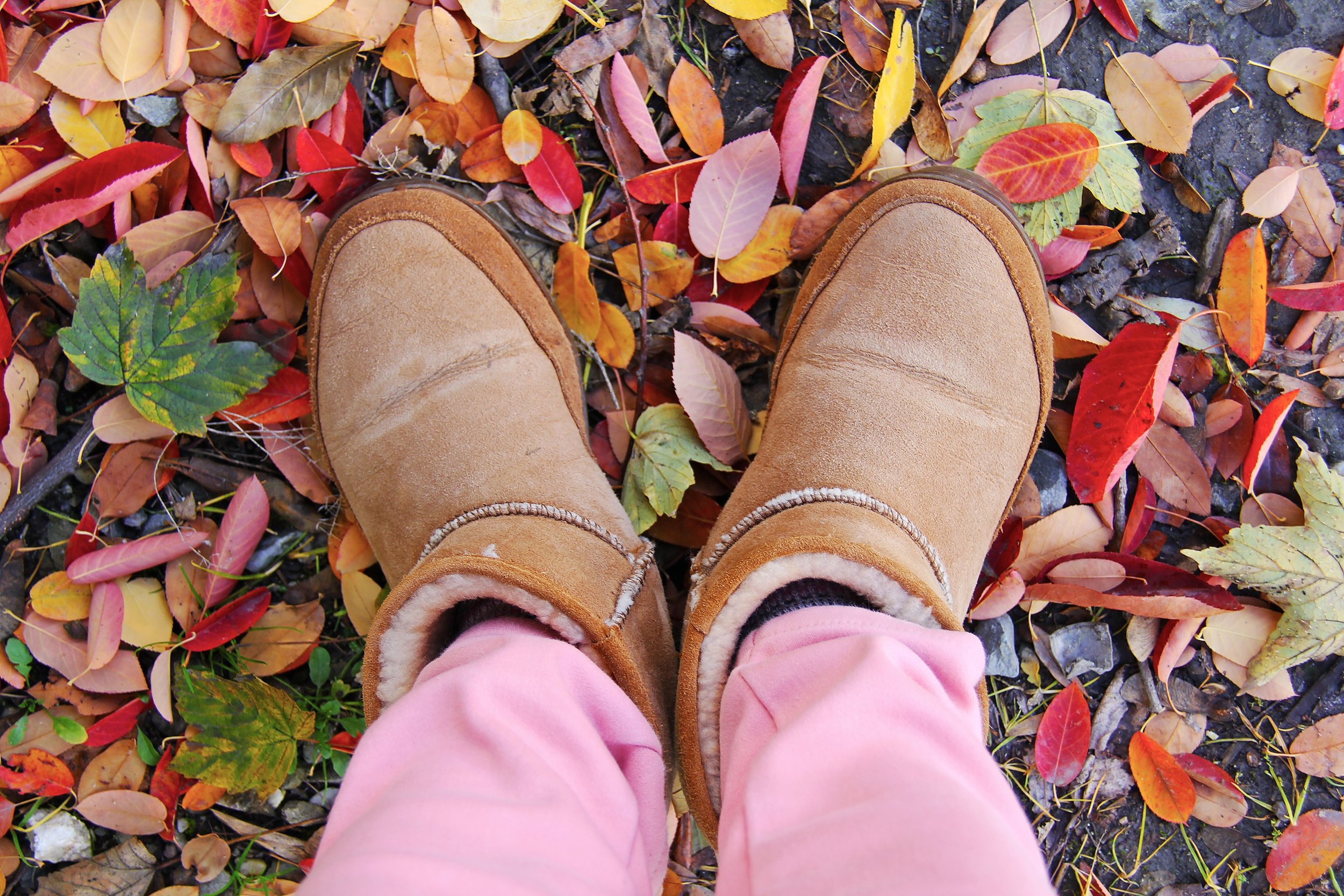The Pink Pants Principle
Five years ago:
Anthony: I NEED to dress in pink for school.
Me: Well you can’t, honey, because you’re a boy and you’ll get beat up for wearing pink. Which is a dumb rule of our society, but that’s how it is and I don’t want you getting hurt.
Anthony: I am okay to risk it.
Me: No you aren’t, because pants are not that important.
Anthony: They are important to me, mom. I HAVE to be true to the expression of who I really am. I NEED to wear clothes that express my signature style.
It is talk like “express my signature style” that gets a pre-adolescent boy’s face ground into the wall. With or without the girly-pants.
Me: No. It’s not safe. Anyway, who you really are is not expressed in pants. It’s expressed in how you act with people, and the choices you make. Clothes are not that important.
Anthony: If clothes are not so important, why do you care if I wear pink pants or not?
Why did I care?
It was mostly about risk. But I eventually got over that. Eventually, I reached a spot where the questions I asked weren’t about directing or pruning or protecting, they were about genuine curiosity. I really wanted to know why pants mattered so much to Anthony. Because they’d never mattered to me. Or to Eric, who I thought of as having a very “male clothing identity”.
Eric: I don’t have a male clothing identity.
Me: But you consistently wear boy clothes.
Eric: Because that’s what’s there. My clothing identity is “whatever mom bought and put on top of the basket”. I just don’t care.
Eric’s clothing identity, accordingly, was “things that are cheap and plentiful at Value Village”.
This takes me back to at time in University, when I went with a gay friend to an LGBTQ social night (he was too shy to go alone). I had a fabulous time—the people there were warm, funny, and quick to cut to what matters in life. I was totally in my element for about an hour, and then somebody said something about girlfriends and I suddenly realized with a wave of shock…
Everyone here must think I am a lesbian.
Now, there was no part of me that thought there was anything wrong with being a lesbian. I was one of those (very rare and lucky, in the 90s) kids who’d been taught about sexuality by their parents without any presumptions or judgements. I was totally fine with the existence of lesbians… but I wasn’t one.
I knew I needed to fix this situation immediately.
I was a total loss, though, to figure out how. Do you stand up and say “attention please, I’d like to make an announcement”? Do you write “not a lesbian” on your name tag under your name? How do you specify that you aren’t a lesbian without implying that you think there is something wrong with being a lesbian?
In the end, I suffered in silence, then complained to my friend the whole way home. He listened for a bit, then cut me off with “Wow, that sounds so painful. It must have been a real challenge for you to deal with people misperceiving your sexual orientation for ONE NIGHT OUT OF YOUR ENTIRE LIFE”.
Today, I wouldn’t care one whit about this. People misperceive my orientation all the time (I’m bisexual, but people assume you’re straight when you have an opposite sex life partner), and it doesn’t bother me at all.
I coined the term "pink pants principle" in my head for the idea that a given aspect of identity can be more central to some people and less central to others. For Anthony, his dressing style is (was, really) central to his sense of identity. I’ve never understood this, because I’ve always been like Eric—I wear whatever is expedient.
In the face of worries about my kid’s safety, I wanted to wail “but whyyyyy, do you need to wear these? Pants don’t matter!”
But it doesn’t work that way. What does or doesn’t matter to someone else is an unpredictable and random mystery. Two people can be vegetarians (or football fans, or atheists), and it can be a deeply enmeshed part of one person’s identity, and just an interesting fact, for the other.
Which is why it never works to tell each other when we should put up and shut up, or when we need to plant a flag in the ground for who we are. Because an identity isn’t just the facts of that identity… it’s also the role of that in your sense of who you are.
This makes me want to change how I get to know people. We always tell each other all the salient bits of information… our hobbies and interests and family composition and cultural background and paid work and sexual and gender identity and political affiliation and socio-economic bracket and religious perspective and all of that…. But we miss the next question. Which is “and what, out of all those things, are the things that feel really central to you? Which, of those identities, are the ones that you feel encapsulate important parts of who you are?”
Which identities would you say are most core to you? Do you know why? Have they changed over time, or in different contexts? If they have, do you know why the change happened?
Liked this post? You might also like the magical advice giving formula that will get kids to stop whatever they're doing and hang intently on your every word.
